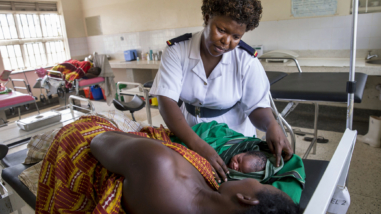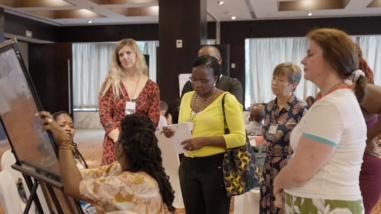College of William & Mary
For An Evaluation Of The School Retool Project
-
Amount$38,500
-
Program
-
Date Awarded3/2/2016
-
Term12 Months
-
Type of SupportProject
Strategies
About the Grantee
Grantee Website
www.wm.edu


